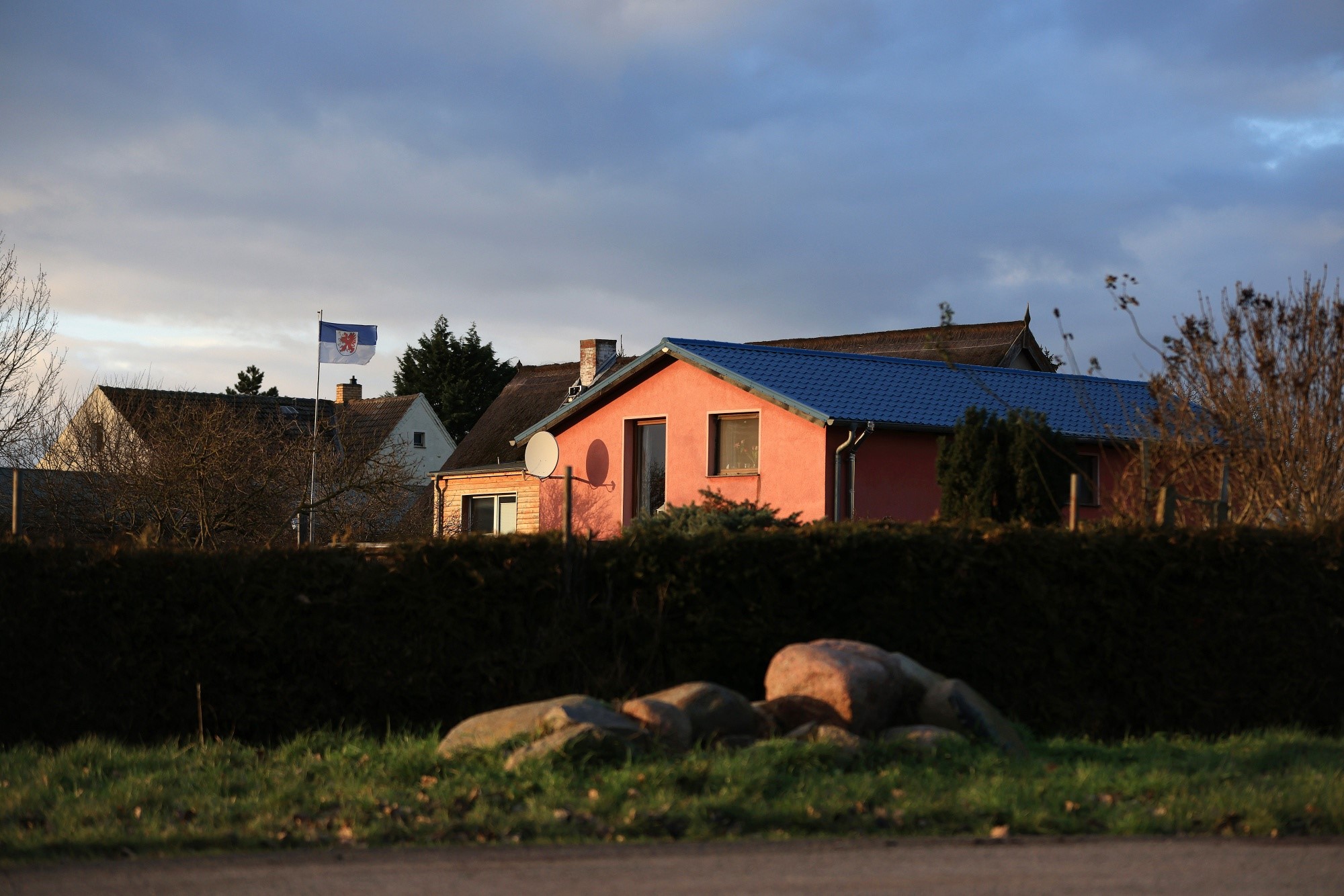Germany’s Older House Prices Drop as Buyers Demand Discounts
Germany’s older homes are getting cheaper as buyers demand a discount to offset the rising expense of upgrades to meet tougher energy-efficiency rules.
It seems that the real estate market in Germany is experiencing a shift in dynamics, particularly in the pricing of older homes. The decrease in prices for existing properties may be attributed to the increasing demand for discounts by buyers to offset the rising costs associated with upgrading homes to meet stricter energy-efficiency regulations. In October, prices for existing properties fell to their lowest level since the first half of 2021, declining 7.7% from a year earlier.
This decline in prices for older homes contrasts with the rising prices for newly built houses, indicating a divergence in the market.
The primary driver behind the decrease in prices for existing properties appears to be the impact of new environmental requirements that necessitate significant renovations for older buildings. These renovations are likely aimed at enhancing energy efficiency, which can be a costly process. The higher material costs associated with these upgrades contribute to the overall expenses, prompting buyers to negotiate for lower prices.
Interestingly, the article suggests that interest rates are less of a determining factor in the current market conditions compared to earlier in the year when prices were falling across the board. This implies that the main driver behind the recent price trends is the increased demand for discounts due to the costs associated with meeting environmental regulations.
The statement from Europace co-Chief Executive Officer Stefan Münter suggests that the market is cautiously normalizing with slightly improved general conditions. It indicates that the real estate market may be adjusting to the new environmental requirements, and buyers and sellers are finding a balance in negotiating prices amid these changes. The information also mentions Germany's commitment to allocating funds to subsidize measures such as a boiler ban, emphasizing the government's role in supporting environmental initiatives in the housing sector.




